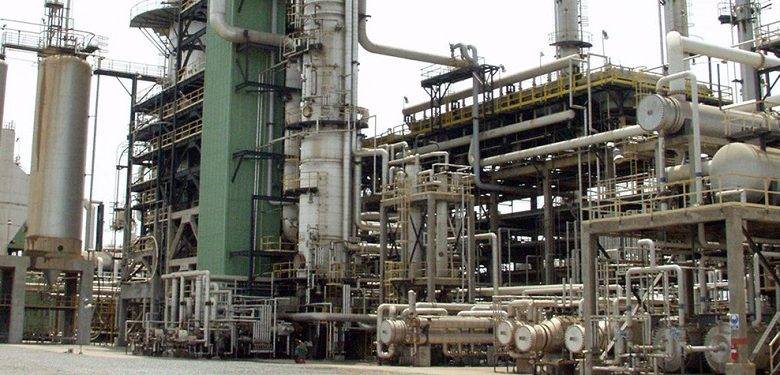‘African govts must collaborate to take advantage of opportunities in petroleum downstream sector’

The petroleum sector in Africa is experiencing significant growth, driven by various factors such as demographic shifts, infrastructural development, regulatory reforms, and technological advancements, Kwabena Appiah, Industry expert, has said.
This growth, he said, was particularly evident in the context of rapid population growth, urbanisation, and economic expansion across the continent, which are driving up the demand for petroleum products.
Speaking in an interview in Accra yesterday, he said, “While this trend presents both opportunities and challenges for stakeholders in the industry, it is especially pronounced in countries like Nigeria, Kenya, and Ethiopia, where governments are investing in infrastructure to meet the rising demand.”
To address the challenges and capitalise on the opportunities in the petroleum downstream sector, he said governments, industry stakeholders, and global partners need to collaborate and innovate.
Mr Appiah said, “There is a growing need for platforms that facilitate dialogue and provide solutions to position Africa as a global leader in the industry while advancing broader economic and social objectives.”
“In Ghana, the National Petroleum Authority (NPA) organises the Ghana International Petroleum Conference (GHIPCON) as a platform for stakeholders to engage, innovate, and collaborate. This conference brings together industry leaders, policymakers, and stakeholders from across Africa to discuss key issues, showcase cutting-edge technologies, and explore investment opportunities that drive sectorial growth, “he said.
GHIPCON, he said, served as a catalyst for promoting Africa as an attractive destination for petroleum investment by showcasing investment opportunities, fostering collaboration, and facilitating skills development within the downstream sector.
Through various sessions, exhibitions, and workshops, he said, the conference enhances the capabilities of professionals and encourages networking and collaboration among industry players.
“In addition, GHIPCON sparks innovation and thought leadership by providing a forum to discuss emerging trends,
technological advancements, and regulatory developments in the petroleum downstream sector. By fostering dialogue and collaboration, the conference plays a crucial role in enhancing the sector’s competitiveness, attracting investment, and ensuring sustainable practices,” he said.
Mr Appiah said, “GHIPCON offers numerous advantages for participants, including access to
expert insights, technical knowledge, and industry best practices through keynote speeches, panel discussions, and technical sessions. It also provides a platform for showcasing success stories, projects, and innovations, fostering inspiration and learning among attendees. The conference also facilitates business opportunities through networking events, enabling participants to forge strategic partnerships, explore new markets, and secure investment deals.”
“As Africa continues its journey towards energy security and economic growth, GHIPCON remains an essential platform for shaping the future of the continent’s energy landscape through dialogue, innovation, and collaboration among stakeholders,” he said.
BY KINGSLEY ASARE





